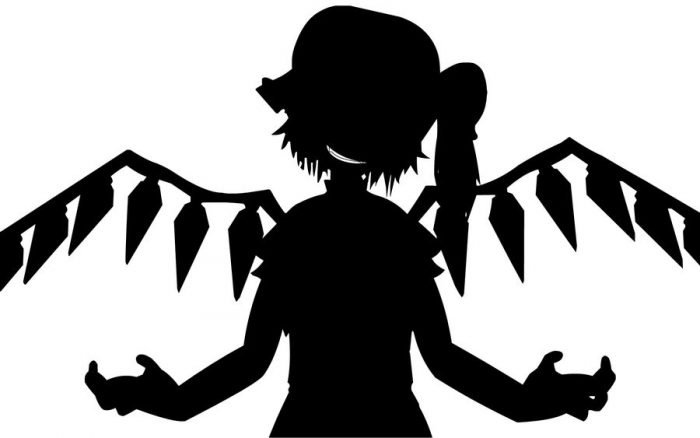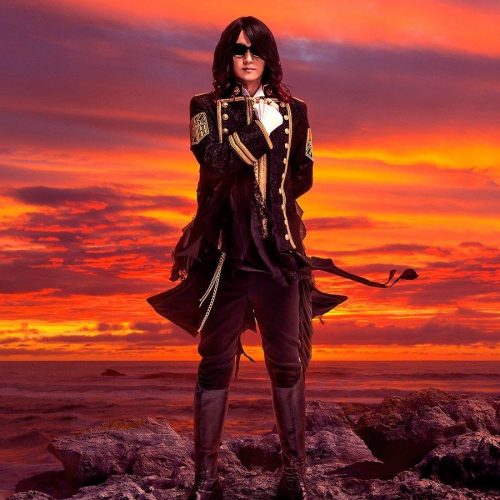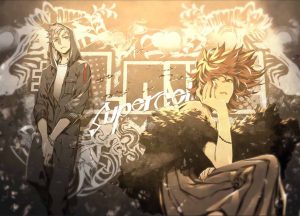
If you’re an otaku, and especially if you’re a manga fan, you’ve likely come across the term “doujinshi” before. You may even own a couple of these fan-made comics, especially if you’ve ever visited Japan where the secondhand market for doujinshi is nearly everywhere with items for every budget. But have you ever heard the term “doujin music” before? It’s not a phrase that is used in the otaku world nearly as much as doujinshi is, but if you’re into the anisong movement (or are just a curious otaku) it’s worth learning about!
Basically, doujin music is non-official music made by fans based on some part of the otaku world, usually anime or manga. Let’s break that down a bit further and look at what doujin music really is!
The Wide World of Doujin
What you may not know about doujinshi is that it’s just a part of a larger world of “doujin.” Doujin activity in Japan is used to refer to anything made and self-published by amateurs, and often is sold for a profit. Doujin products can include manga, art books, video games, and of course, music! Fans use the opportunity of publishing doujin as a way to create material about what they love outside of the official publishing world. Some original materials do exist in the doujin world, but the vast majority of it is based on existing otaku works. You can kind of think of it like fanfiction - but a lot more intense, as Japan has huge events for selling and promoting it (like Comiket, which is held in Tokyo twice a year and attracts over 500,000 people each time).
So now let’s take a look at specially doujin music and what that means. Doujin music doesn’t actually refer to its genre but rather how it’s published - again, by amateurs and not professionally. Doujin music can be any genre of music as long as it fits this description. It’s self-produced by many artists and usually done at a low-cost since there’s no guarantee anyone will make a profit, and a lot of it is just produced as a “passion project” rather than to make a living. Most doujin music is synthesised since it’s often produced by just one person, though sometimes it will have one live instrument (like a guitar) with synthesised back-up.
So What is Doujin Music?

The vast majority of doujin music in the otaku world can be found in the realm of video games. Many independent games that release need to have a soundtrack after all, and the cheapest solution to this is to use doujin music made at a low-cost. But what about music that is made by fans more along the lines of doujinshi, to show someone’s love for an anime, manga, or game? Of course, that happens, too! Most commonly, doujin music artists rewrite the lyrics to established anisong pieces, or dub them into their native language instead of in Japanese. Sometimes doujin music artists take instrumental pieces of anime or games and add their own lyrics to them. Both of these activities constitute doujin music.
Most of the time, doujin music artists publish their work on YouTube or Nico Nico Douga, a popular video-sharing website in Japan. Some artists do well enough that they are able to sell their own CDs at venues like Comiket. But there are some who achieve very real fame! Some of the most famous doujin music artists in the otaku world are Sound Horizon, Team Shanghai Alice, and Supercell. Sound Horizon was a starting off point for Revo, the person who began the group. While at first they produced only music sold at events like Comiket, often using Vocaloid vocals with one live instrument, eventually Revo gained enough backing to create a band you are likely familiar with - Linked Horizon. Linked Horizon is the group responsible for the first, second, third, and fifth iconic opens for Attack on Titan, along with its fourth ending song.
Feuerroter Pfeil und Bogen by Linked Horizon
Team Shanghai Alice might not be a name you’re likely to recognise, but if you’ve been in the otaku scene long enough you will know what they’re the minds behind - Touhou Project, the wildly popular bullet-hell video game. Not only did Team Shanghai Alice create the game, they also produced all the music for it doujin music style. A lot of the songs went on to become otaku staples, like “Bad Apple,” and Touhou Project set records for the number of people buying its merchandise at Comiket. They released 10 albums of doujin music used in and based on the games.
Finally, Supercell also began as a doujin music group on Nico Nico Douga producing music using Vocaloid voice synthesisers. After gaining enough popularity on there (and releasing huge Vocaloid songs like “Black Rock Shooter”), Supercell started to make music for the Project Diva game series, along with a few anime. While most doujin music artists never reach these kinds of levels of fame and popularity, it does happen! Many doujin music artists have a lot of talent, and it’s a foot in the door of the otaku world when they can make something truly great. In the meantime, though, it’s all in good fun and a way of showing love for a favourite part of otaku culture!
Final Thoughts
The world of doujin is so much bigger than just doujinshi! And doujin music is slowly expanding beyond Japan, too. So the next time you’re browsing on YouTube and you see a video of someone fan-dubbing an anime opening in their native language, or posting an original otaku song, give them a bit of love. Now you know that what they’re making is doujin music, and they’re doing it out of pure passion for that anime, manga, or game. Creating doujin music means someone really loves that source material enough to spend some serious work giving it a tribute after all!
Have you ever listened to (or made) doujin music before? Did you know much about the term before today? Are you going to look for some to listen to now, or perhaps try making it yourself? We would love to hear from you in the comments below!


